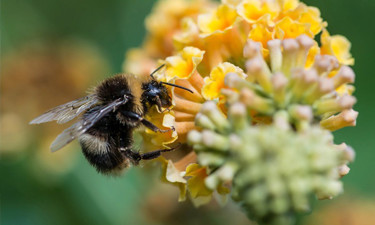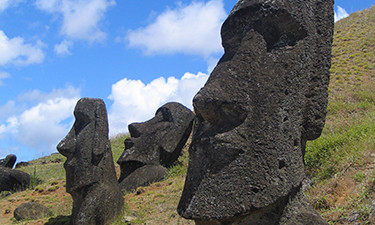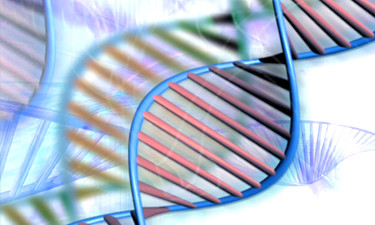Human Learning Ecology
A new discipline for understanding human beingsThe most significant problems we face as humans are a product of our learning. If we want to change the path we’re on, we have to focus on the learning dynamics that created the priorities, attitudes, beliefs and behaviors that got us here.
This is the function of Human Learning Ecology, a new integrative discipline that draws on an extensive data set to identify the underlying causes of adaptive and maladaptive development in individuals, organizations, societies, and cultures. The patterns identified through this discipline provide significant insights into how human intelligence works. This approach also helps to explain why and how humans fail to learn from history, and why we often end up repeating the same horrific mistakes over and over again.
Human Learning Ecology is based on the understanding that we are shaped by a complex ecology of influences that tell us what to think, value, prioritize, believe and do. If we want to understand how to course correct as a species, we have to understand the influences that shape our developmental path. We also need a way to assess those influences and distinguish between adaptive and maladaptive lines of development.
We are what we have learned to be. We care about what we have learned to care about. We do what we have learned to do.
Developing the capacity to distinguish between adaptive and maladaptive lines of development requires an enormous data set: We have to draw on far more than our own culture or time period and look at patterns in the larger life story. Human Learning Ecology draws on the extensive record of human achievement and failure across periods of history, cultures, disciplines and fields of endeavor to map out the structure and nature of adaptive power and intelligence and the dynamics of how they are developed, applied and extended and/or constrained and degraded in human systems – from individuals, primary groups, and organizations to societies, cultures and civilizations. And it doesn’t stop with human learning: Human Learning Ecology also looks at adaptive processes and intelligence in nature.
So the “data set” we’re drawing on is huge. We’ve overlaid examples of human intelligence and folly from a broad range of domains throughout history and across cultures, including engineering, military strategy, science, forensics, epidemiology, ethics, education, politics, prehistoric tool-making, modern technology, and much, much more. We’ve also mapped out adaptive learning processes in other species to identify universal principles associated with adaptive learning.
Check out our Book Lists if you’d like to get a sense of the range of what we’re drawing on.
This range is critical. Without it, there’s no way to effectively distinguish the signal from the noise, to identify high level principles that transcend cultures or eras.




